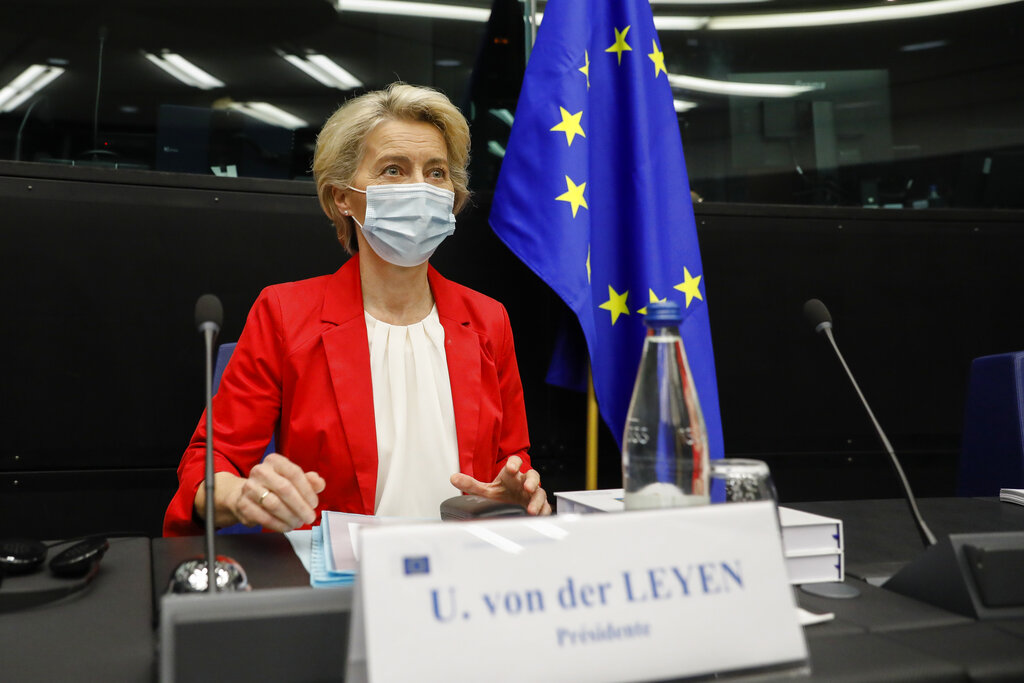The European Commission deliberately looks the other way when it comes to national minorities and there is a political motive behind this, wrote Hungarian researcher Balázs Tárnok in an opinion piece for Newsweek.
Many Europeans belong to a cultural, linguistic, or ethnic group within a member state that differs from the majority. For example, the Basque population in Spain, Hungarians in Romania and Ukraine, and Sorbs in Germany. All too often, these groups lack rights and protection.
“Although in the EU there are more than 50 million people belonging to ethnic (national or linguistic) minorities, there are no EU-level specific legal acts protecting them. The lack of a minimum set of EU rules allows member states to deprive ethnic minorities of their earlier acquired rights,” writes Tárnok.
For this reason, the Federal Union of European Nationalities (FUEN) has recently issued a strong call to the EU body about the issue of minority rights, however, those calls have mostly been ignored.
The European Commission ignores the problems of national minorities because it wants to suppress national and regional characteristics and homogenize the population of Europe, explained Tárnok, a visiting researcher at the University of Notre Dame, in an opinion piece published in the American magazine Newsweek entitled: “Ignoring Minority Rights is Part of Brussels’ Agenda to Homogenize Europe”.
He recalled that, in recent years, the commission has selectively used its position as guardian of various treaties, instituting legal proceedings that allege breaches of “common” yet still somehow exclusive EU values.
“In the past few years, the EU Commission stepped out of its original role—to be an unbiased “Guardian of the Treaties”—and now is misusing the concept of shared EU values. The Brussels-based body launches legal procedures only for the violation of certain values, while the infringement of other principles of less importance to Brussels are completely ignored,” writes the Hungarian researcher.
The committee, as Tárnok writes, regularly refers to a lack of competence, to its own helplessness, when national minorities are harmed, but when, for example, it wants to stand up for the LGBTQ minority, the above obstacles suddenly disappear.
“The EU Commission recently launched infringement procedures against both Hungary and Poland for the alleged violations of LGBTQ+ rights. While Brussels is standing up for the rights of LGBTQ+ people, it keeps ignoring the challenges other minorities face, specifically ethnic minorities. Not defending ethnic minorities is part of the Commission’s agenda to oppress national and regional characteristics of Europe and to homogenize its population,” he wrote.
According to Tárnok, by neglecting national minorities, Brussels is destroying Europe’s true, inherited cultural diversity, going against the intentions of its founding fathers. FUEN called for the protection of national and linguistic minorities to be included in the European Union’s founding treaties following the conference on the future of Europe. Europe’s largest minority umbrella organization, chaired by Vincze Loránt, Member of the European Parliament for the Democratic Alliance of Hungarians in Romania (RMDSZ), decided on this strategy at its congress in Trieste, which ended on Sunday. In their view, the EU treaties must make it clear that the Copenhagen criteria are not only binding on the pre-accession countries, but that compliance with them is an ongoing obligation for all member states.
FUEN called on the European Commission to fully integrate the monitoring of the situation of national and linguistic minorities into the rule-of-law mechanism and to provide support to member states by sharing best practices in the field of minority protection. It was also noted that, to date, no consistent EU minority protection policies have been put in place.
Title image: European Commission President Ursula von der Leyen sits before the Meeting of the College of Commissioners at the European Parliament in Strasbourg, eastern France, Tuesday, Sept. 14, 2021. (Julien Warnand, Pool Photo via AP)





